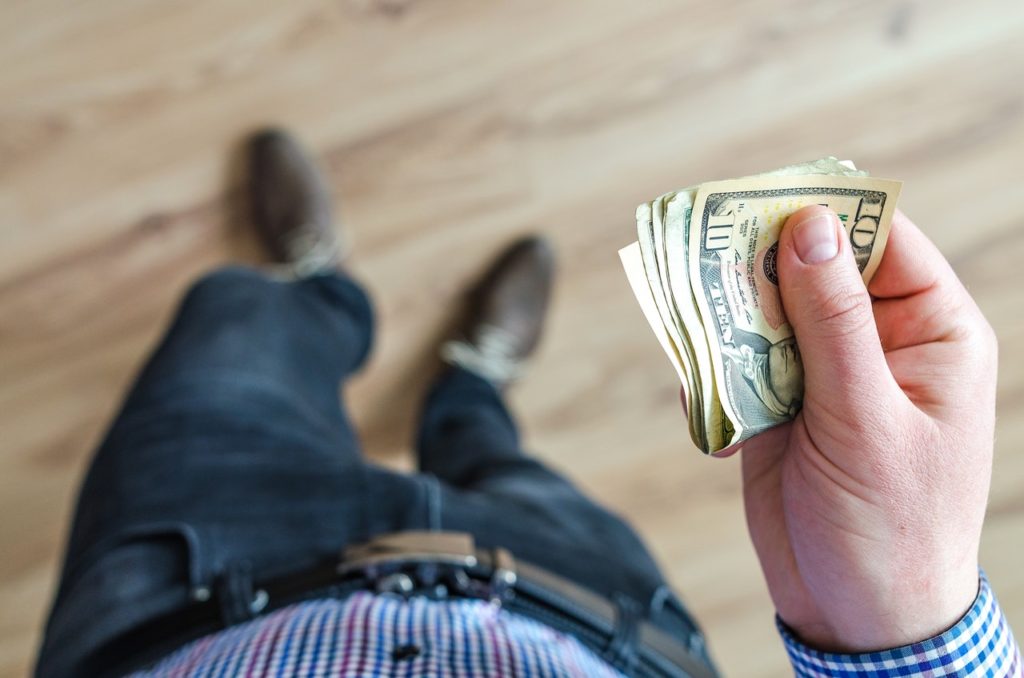Why Cheaper Isn’t Always Better?
Many people when looking to save money focus on getting the cheapest deal, thinking this is the most effective strategy, yet what they often forget to do is look at the value rather than cost. Take solar energy for example. If you opt for a cheap system, chances are you’ll need to make replacements or look into solar inverter repairs sooner than if you had bought well the first time. Of course, sometimes repairs are just necessary so ensure you find a reputable company!
See, a lot of times people are so focused on getting a cheap deal that they are shooting themselves in the foot, because what they should be more concerned with is getting good value!
As an example, you might buy a cheap car, thinking that’s a great deal, but that cheap price doesn’t mean it’s necessarily going to offer good value; as in the coming weeks you might have to pay out a fortune to have the vehicle recovered as a result of it breaking down at the side of the road, or being in and out the garage for the next year.
In essence, buying cheap can a false economy; for this this reason, you instead want to buy ‘smart’.
As an example, it would be better to buy pre-loved furniture from somewhere like https://habitathm.ca that is of a high build quality, rather than something cheap and flimsy, that is new, but might only last a few years.
Similarly buying products on sale is a completely different kettle of fish, as it’s a great way to save money on quality products. That said, you’ll want to make sure you are buying it because you truly need/want is… as often, we are impulsively motivated to purchase a sale item just because it’s on sale; due to the psychological thrill of getting a good bargain.
The key advice is to avoid buying cheap products, as you tend to get what you pay for, and the saying “buy cheap, buy twice” is often proven to be very true!
That said, this doesn’t tend to apply on grocery items such as supermarket branded food (e.g. a can of beans) because they are likely to be the same quality as established brands; just in less attractive packaging.
Here are some other ways in which your frugality might be hurting you, as sometimes it can pay to pay a little extra at first in order to save down the line.
Here are three ways you can save money, that might seem counterintuitive as they involve spending a little more money upfront (but this will save you money in the long-term).

- INSULATING YOUR HOME
It can be expensive to insulate your home (see: https://www.homeadvisor.com/cost/insulation/) particularly if you are upgrading from single glazing to double glazing, but when you consider how much heat (which is expensive to generate) is escaping out your walls and the roof, it makes sense to spend money now in order to save money later.
- REGULAR CHECKUPS WITH THE DENTIST
A lot of us fear the dentist, but in addition to the oral procedure, we often fear the cost – and therefore keeping up to date with regular check ups can be prohibitive. That said, these regular check ups could save you having to pay a lot of money out for issues that are left untreated, as for instance, a simple filling might be $50 yet root canal treatment might be $1,000.
- CHASING THE CHEAPER FUEL
This isn’t to advocate paying for the premium fuel, as often, it doesn’t do that much to enhance performance; but if you’re one of the people that will drive out there way to find a gas price that’s a few cents cheaper, thinking you’re saving money… you might want to consider how much it costs to actually get to the gas station in the first place.




